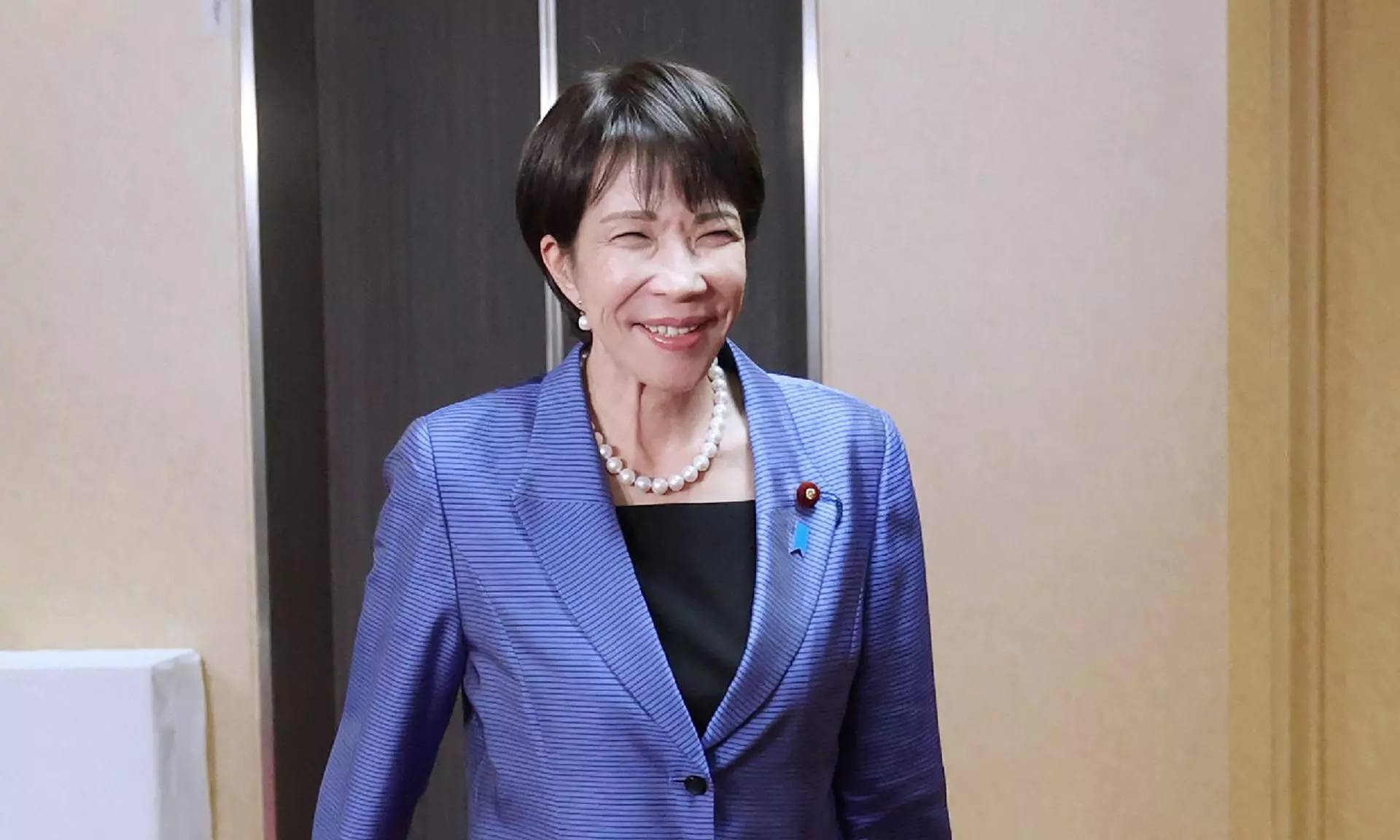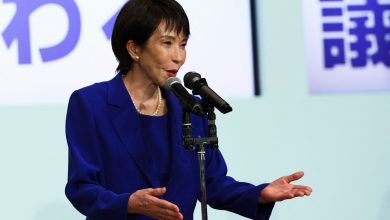Japan elects Sanae Takaichi as first female prime minister
Markets reacted positively to the election of Japan’s first female prime minister, Sanae Takaichi, though questions remain over the long-term impact of her fiscal policies.

Sanae Takaichi, 64, has been elected as Japan’s first female prime minister, winning 237 votes in the 465-seat lower house on Tuesday. The Liberal Democratic Party (LDP) leader secured a majority and became the nation’s 104th prime minister, succeeding Shigeru Ishiba after months of political uncertainty.
Markets welcome Takaichi’s win
Following the leadership vote, Japan’s Nikkei 225 closed 0.15 percent higher, hitting a record level, while the previous day’s 3.37 percent rally reflected investor relief after the coalition deal between the ruling LDP and the opposition Nippon Ishin (JIP) party.
The easing of political uncertainty lifted overall sentiment, but investors remain cautious about the long-term implications of Takaichi’s fiscal strategy.
Analysts expect growth-focused policies
Asia markets analyst Sadi Kaymaz said the coalition could influence Japan’s economic direction and that a growth-oriented fiscal policy is widely expected.
“Investments in strategic sectors such as artificial intelligence and robotics are likely to accelerate,” Kaymaz said, noting that companies like Fanuc, Lasertec and Tokyo Electron saw share gains exceeding 6 percent following the election.
Diverging views on inflation
Kaymaz highlighted a potential divergence between Takaichi’s economic outlook and the Bank of Japan (BoJ).
He said that while the BoJ remains concerned about rising inflation expectations, Takaichi believes that inflation remains weak due to low domestic demand, and sees growth-driven policies as essential to permanently ending Japan’s deflationary legacy.
Coalition dynamics and fiscal balance
The LDP’s new coalition partner, JIP, emphasizes efficient governance and fiscal discipline, aiming to maintain Japan’s target of achieving a primary budget surplus by 2027.
“Markets view the new partner as a balancing force,” Kaymaz said, adding that the coalition’s focus on budget efficiency and administrative reform supports stability.
Concerns over long-term debt
While tax cuts are expected under the new administration, Kaymaz noted that markets are wary of their fiscal impact.
“If spending is financed through tax reductions, Japan’s long-term debt outlook could deteriorate,” he warned.
This caution has already pushed up yields on 20-, 30- and 40-year government bonds, as investors price in higher borrowing risks.
Political outlook
Takaichi, a close ally of slain former leader Shinzo Abe, is expected to follow his conservative agenda emphasizing defense strength, economic revitalization, and potential constitutional revision.
However, with her coalition lacking full control in both parliamentary chambers, questions remain about her ability to maintain political stability.
Social policy stance
Despite her historic election, Takaichi is not prioritizing gender equality or diversity reforms. She supports male-only succession within the imperial family and opposes same-sex marriage and separate surnames for married couples—stances consistent with Japan’s traditional conservative bloc.





